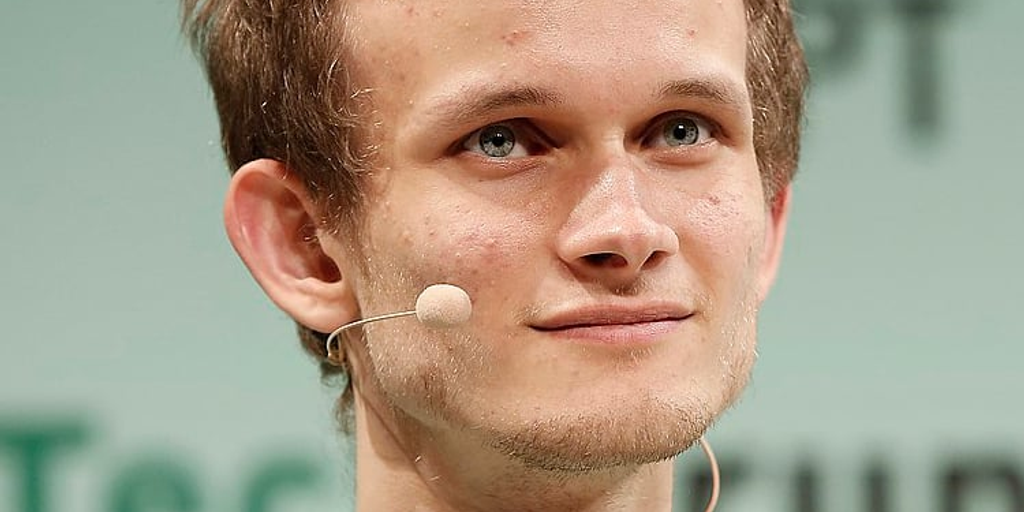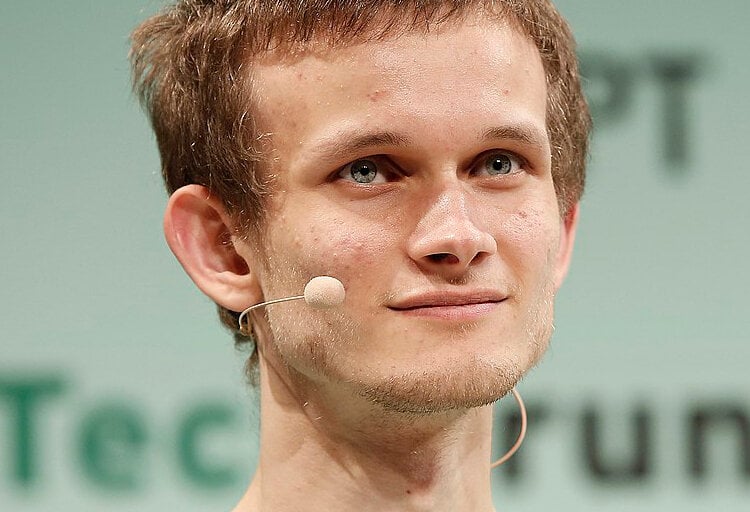Ethereum co-founder Vitalik Buterin isn’t convinced that all complex features developers want on Ethereum should be built on Layer 2 scaling solutions.
People use L2s like Optimism, Polygon, and Arbitrum because they’re cheaper and faster than using Ethereum mainnet. At the time of writing, L2s are processing about 75 transactions per second (TPS) compared to Ethereum mainnet’s steady 12 TPS, according to L2Beat.
By definition, L2s inherit the security guarantees of the L1 that they sit on top of. But when complex features get built on L2s instead of the base layer, they can introduce extra risk, Buterin argued.
“If you have an L1 consensus failure, stuff breaks core devs scramble for a day, but eventually things are alright again,” he wrote on Twitter. “With an L2 bug, people could permanently lose lots of money.”
lockquote class=”twitter-tweet mx-auto”>
If you have an L1 consensus failure, stuff breaks core devs scramble for a day, but eventually things are alright again. With an L2 bug, people could permanently lose lots of money.
— vitalik.eth (@VitalikButerin) February 21, 2024
lockquote>
He was replying to—and mostly agreeing with—a Bitcoin Magazine editor’s tweet criticizing people who overstate the capabilities of L2s.
“I would say [it] can actually be worth adding some pretty sophisticated L1 features to reduce the code burden of L2s and allow them to be reasonably simple,” he concluded.
Buterin has lately been very focused on security and making the Ethereum network safe for users. He recently said he’d be interested in seeing AI used by developers to help audit Ethereum’s code and detect bugs.
The renewed focus on security—the subject of his latest blog post—could perhaps be why he’s changed his stance on L2s. He used to be in favor of keeping Ethereum mainnet as simple as possible.
During a 2019 Ethereum meetup in Taipei, Buterin presented his thoughts on scaling solutions, saying that, “Layer 1 does not need to be overly complex to optimise properties.” He also argued that, over time, it would become increasingly difficult to make changes on L1s.
His comments come just weeks before the Dencun upgrade gets deployed on Ethereum mainnet. The upgrade will introduce EIP-4844, more commonly referred to proto-danksharding. It will dramatically increase transaction speeds and reduce costs for L2s.
Stay on top of crypto news, get daily updates in your inbox.
Source link




![[CITYPNG.COM]White Google Play PlayStore Logo – 1500×1500](https://startupnews.fyi/wp-content/uploads/2025/08/CITYPNG.COMWhite-Google-Play-PlayStore-Logo-1500x1500-1-630x630.png)